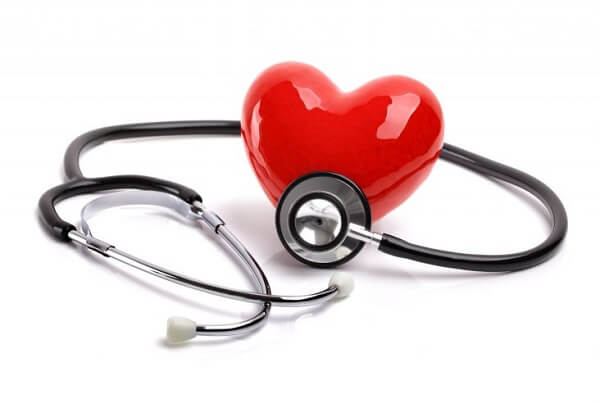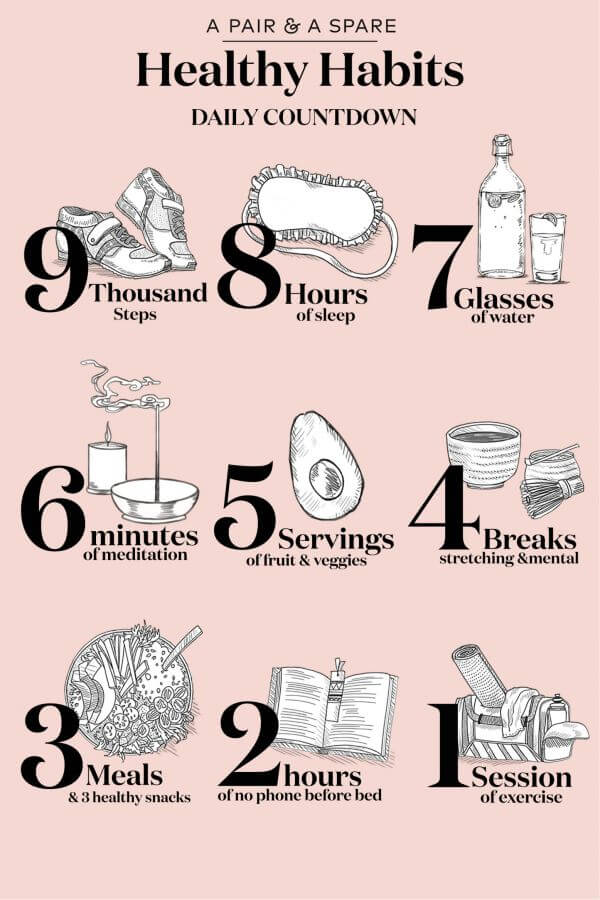Difference Between Healthy And Disease FreeHuman well-being includes health as one of its most crucial components. In terms of science, being healthy refers to a condition of fitness and being free from bodily and mental disorders. Normal human states include both health and the absence of sickness. Health does not always include disease-freeness; a person with no diseases might nonetheless be healthy. A person is considered to be healthy if his or her bodily, mental, emotional, and psychic states are all in good form. A person is considered to really be disease-free if they are free from any diseases. Normal human beings must first and foremost be healthy and disease-free. A disease-free individual cannot be healthy. Rather, being healthy is a condition of an individual who leads a lifestyle that is conducive to their physical, mental, emotional, and physiological well-being. In contrast, the state of being disease-free simply refers to being free from illnesses. 
In order to be healthy and maintain all of the functions of life, humans require a steady intake of food or even a balanced diet. A healthy diet is necessary for the normal operation of cells, their tissues, and organs. Anything that prevents cells, tissues, and organs from working properly can lead to an underactive or sick body. Thus, complete bodily and mental function that is unhindered by illnesses is regarded as the condition of being in good health. So, what do you mean when you say "a healthy individual"? A healthy person is one who is free from illness. HealthyFor various individuals, the term "healthy" can indicate a variety of things. Conversely, having a high BMI doesn't always indicate that a person is unwell. Being "skinny" doesn't always indicate that you're healthy. If you want to know if you are really leading a healthy life, you need to consider a variety of different things. 
Everything is connected, whether it is your diet, how much exercise you receive each day, or your social activities. The World Health Organization (WHO) defines health as "a condition of full physical, mental, and social well-being," which involves the utilization of individual and social resources to guarantee that individual can operate in their day-to-day existence. In other words, you are deemed to be healthy if your body is capable of coping with challenges to your system (physical, mental, or emotional). Although health care professionals are skilled professionals who are qualified to assess every element of your health, there are certain broad signals that show if you are in excellent condition from a mental and physical perspective: 

In order to be considered healthy, a person must be in good bodily, mental, emotional, and psychological health. Healthful people are often not disease-prone. When someone is medically, cognitively, socially, and psychologically stable, they are said to be in good health. Living a clean, healthy life that is often devoid of viruses or other diseases is what is meant by being healthy. Disease FreeA disease-free state, on the other hand, depicts a person's state of well-being when they are free of all ailments but are not, nevertheless, able to be deemed healthy. Being free from sickness simply implies that you don't have any illnesses, but it's not always a guarantee that you're also psychologically or socially stable or active. Even though their physique is in fine working order, they may not necessarily fit in well with the community. For being disease-free, there are two requirements that must be met:
All of the tasks performed to maintain the cleanliness of a home, a person's clothes, and their bedding are considered domestic hygiene chores. Cleaning the bathroom, washing clothing and bedding, sweeping and washing the floors, and washing the dishes and cooking equipment after meals are some of these tasks. For the house to be a healthy environment, cleanliness is crucial. If somehow the house and everything within it are not regularly cleaned, moisture and filth build up, making it the perfect environment for bacteria, parasites, and vectors (animals that spread disease) to breed and flourish. These microbes have the potential to make the occupants of the home ill. 
It is crucial for the surroundings and atmosphere where a person lives to be healthy and clean in order to guarantee that they remain disease-free. The following are a few strategies to guarantee a spotless environment and atmosphere:
Reduce your energy use as one step you can take to help yourself and the environment. Start by turning off any unused electrical devices to aid in maintaining a clean atmosphere.
Traveling via carpool is an excellent method to lessen your carbon footprint. Two approaches to protect the environment are to reduce commuting time and switch to a different mode of transportation. 
The air is significantly polluted by the amount of harmful chemicals and particles released during rubbish burning. These contaminants, which are commonly connected to air pollution, include co2, particulate matter, and methane. These contaminants have the potential to induce serious respiratory problems, including ones that are life-threatening.
Recycling and reuse are good for the environment since they assist to save resources and lower gaseous and particle emissions. We must all work together to repair the damage and keep the environment and its surroundings clean in light of the escalating environmental issues. As a result, the environment is better preserved for future generations and greenhouse gas emissions that cause global warming are decreased. Difference Between Healthy and Disease FreeBeing healthy and being disease-free differ significantly in their current states and circumstances. Being ill cannot be taken into account in that sense, but being well is similar to virtually being steady in all health characteristics. Having no illnesses is the same as being disease-free. Additionally, a disease-free individual cannot be healthy; only a healthy individual can be disease-free. These are the bodily conditions that maintain each phase and stage of an individual. Therefore, in order to ensure that a disease-free person is healthy, more care and treatment must be given to him. 
In A NutshellA person's physical, mental, and psychological well-being are all considered to be components of their health. A person has a disease when there is an abnormal dysfunctioning of their mental and bodily states that leads to sickness in that person alone, without regard for society or community. Furthermore, any healthy existence may benefit from having a spiritual outlook. The majority of the decisions you make in life are influenced by your belief system, which is heavily reliant on your attitude. Consequently, altering views causes altering lives. The capacity to reach one's full potential is a sign of good health. For instance, a person cannot be considered ill if they become fatigued after sprinting roughly 100 meters. He is also not healthy, though. The implication is that one can be in bad health even if they don't have any obvious diseases.
Next TopicDifference between
|
 For Videos Join Our Youtube Channel: Join Now
For Videos Join Our Youtube Channel: Join Now
Feedback
- Send your Feedback to [email protected]
Help Others, Please Share









